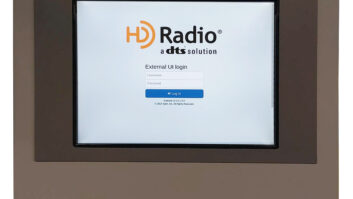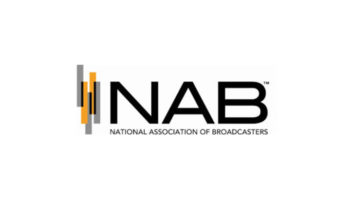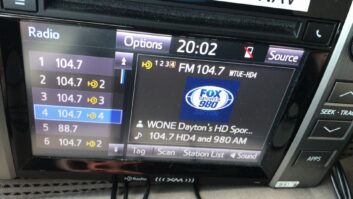What arguments will XM and Sirius employ to justify their merger?
Both Mel and Gary Parsons, now chairman of XM and the expected chairman of a combined entity, told us today the audio entertainment universe is a lot larger than it was when the companies received their FCC licenses in 1997.
They believe, and they think regulators will agree, that the competitive world of satellite radio goes well beyond radio. Consumers now have a choice of iPods, MP3s and HD Radio, options not available earlier.
(This is a turnaround from the days when I would ask them about competition with terrestrial radio and they’d say satellite co-exists with it. Now the presence of HD Radio is listed as one of the reasons they need regulatory relief.)
Satellite radio has “enormous fixed costs.” A merger would allow the companies to grow their subscriber base and meet consumer expectations on price and programming, the executives said.
Mel pointed to 237 million vehicles on the road, each offering an AM/FM radio. “Satellite radio is still a small player by comparison,” he said – using more humble language than he has in the past when describing satellite.
By combining, the companies hope to have more clout with automakers and OEM receiver suppliers and program creators – enough to go after traditional radio’s national advertising audience.
This story has received nationwide financial coverage. CNNMoney.com’s Paul La Monica sets out what we can probably expect to be many of the pro-deal arguments. (His own opinion, at least, seems clear: “It’s tough to imagine how this deal would be bad news for consumers or investors.”)












